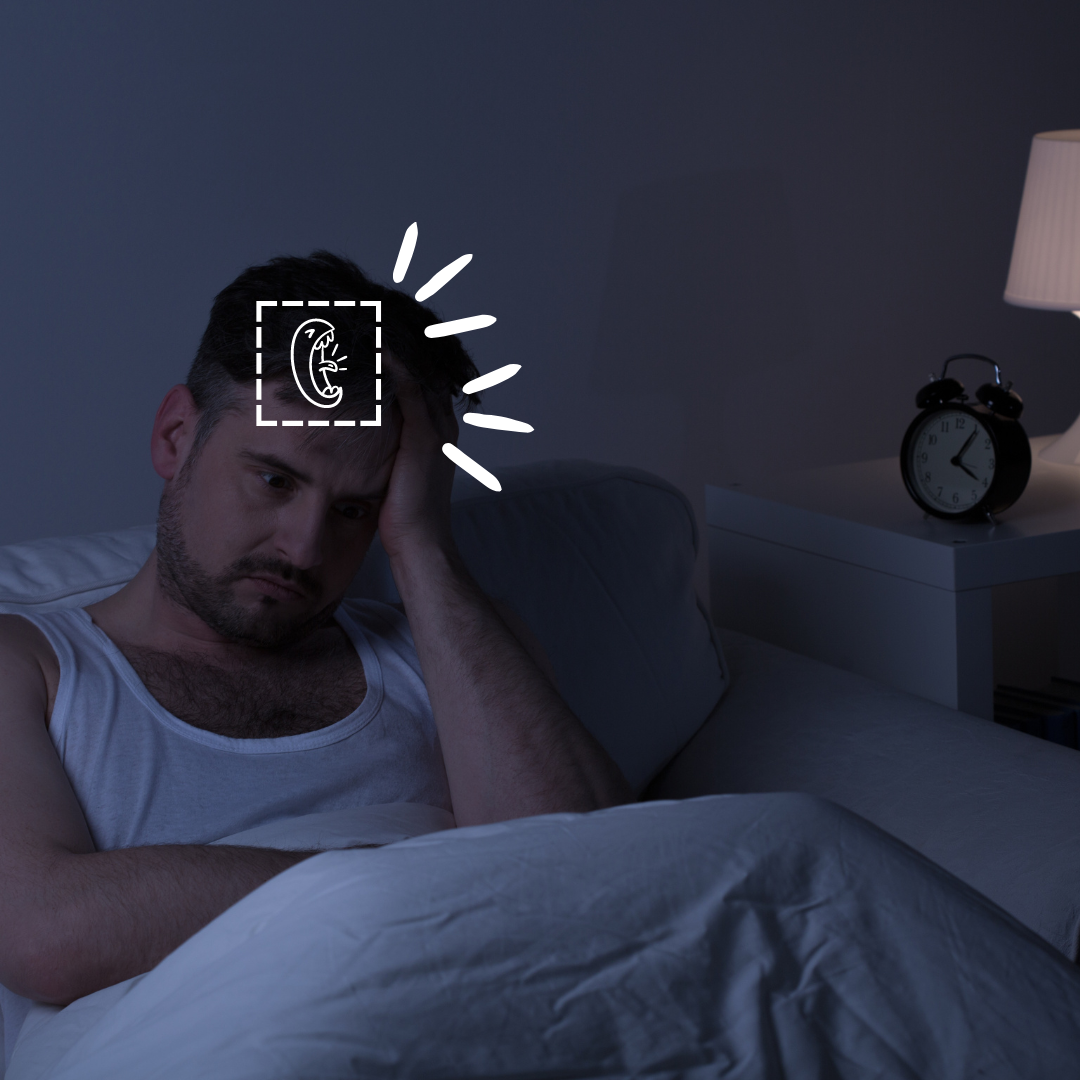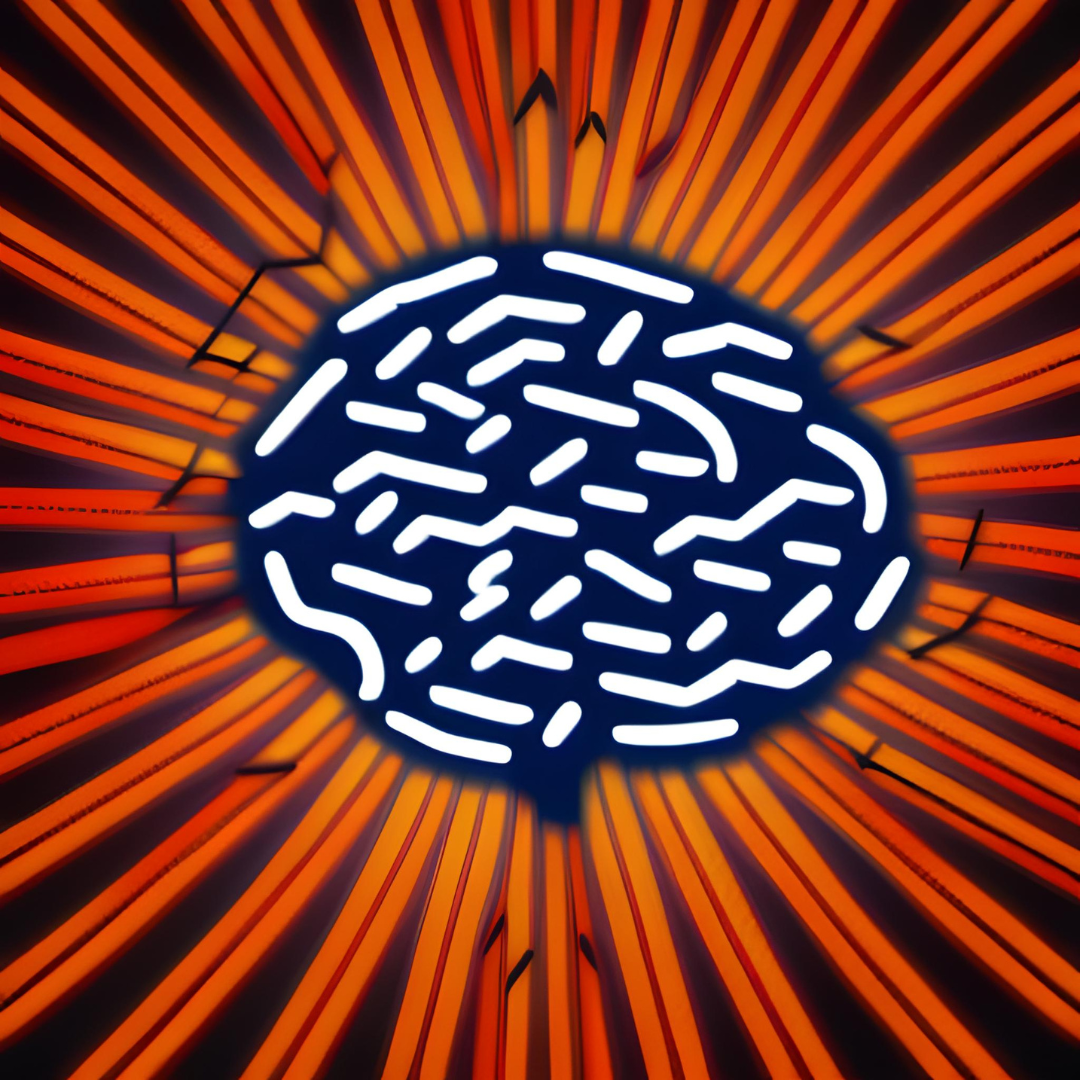The fight against sleeplessness can feel like a never-ending battle, a dance between day and night. But it doesn't have to be this way.
The Tired Yet Awake Dilemma
So, what do you do if you're tired but can't fall asleep?
We've all faced the tug of war at bedtime, feeling utterly fatigued, yet sleep remains an elusive prize. The issue isn't always simple; sometimes, our brains get stuck in overdrive mode. We may tire of counting sheep, but switching off the mental carousel? Easier said than done.
Should You Wage War with the Night?
Should you just stay awake if you can't sleep?
It might seem counterintuitive, but no. Staying in bed might not be the solution. Instead, change your environment, and do something calming. Most experts agree that if you feel you've been lying in bed for more than 20 minutes it's time to leave the bedroom. Try and spend around 30 minutes doing something relaxing (or just not stressful) then head back to the bedroom to try to fall asleep again.
When the Sandman is on Strike
why won't my mind let me sleep?
You're frustrated and rightfully so. You feel so tired but sleep seems to be avoiding you like the plague. Many culprits lurk behind this insomniac rebellion. Stress? Check. Anxiety? Check. Screen exposure? Another likely accomplice. Something as simple as your nighttime food choices could be a clandestine saboteur. Even though you might be tired it's extremely difficult to fall asleep when your brains, adrenaline, and hormones go a thousand miles a minute.
The Sleep Deprivation Rabbit Hole
What happens the longer I don't sleep?
It's a down-the-rabbit-hole experience you'd rather avoid. Cognitive impairment, memory issues, immune system weakening – it's a distress beacon from your body begging for sleep. Make rest a priority to steer clear of this unsettling territory.
The Dilemma of Minimal Sleep
Is it better to get one hour of sleep than no sleep?
Simple Answer? Yes, it's not an ideal scenario, but even one hour can provide your body some respite from the whirlwind of wakefulness. It's a tiny yet significant victory against sleeplessness. To note, a full sleep cycle is 90 minutes long. Going N1, N2, N3, REM. The goal is to time your wake-ups to be during n1 or n2 to avoid extreme grogginess. Therefore try to time your naps to be 30 minutes, 90 minutes, or variables' on that timing.
The 4-7-8 Sleep Trick
What is the 4-7-8 sleep trick and does it work?
The 4-7-8 technique is a breathing method developed by Dr. Andrew Weil. It involves breathing in for 4 seconds, holding the breath for 7 seconds, and exhaling for 8 seconds. This method is said to promote calm and reduce stress, aiding in sleep. Many people find it effective, but it doesn't work for everyone.
How to Improve Sleep Onset and Quality
Best practices to help with your sleep.
As you embark on the journey to improve your sleep onset and quality, remember, you're not alone in this dance with the night.
-
Establish a sleep routine: Stick to a consistent sleep schedule, even on weekends, to help regulate your body's internal clock.
-
Create a restful environment: Make sure your bedroom is quiet, dark, and at a comfortable temperature. Consider using earplugs, an eye mask, or a white noise machine if needed.
-
Avoid stimulating substances: Caffeine and nicotine can interfere with your ability to fall asleep.
-
Manage worries: Try to resolve your worries or concerns before bedtime. Stress management techniques, such as meditation or deep breathing, can also help.
-
Use relaxation techniques: Techniques such as progressive muscle relaxation, deep breathing, visualization, and yoga can help you relax and may ease you into sleep.
-
Try a sleep aid: If lifestyle and relaxation techniques aren't enough, a natural sleep aid, like CutScene, might be beneficial. CutScene is a drink mix that combines melatonin, valerian root, and magnesium to help induce sleep onset and improve sleep quality. Unlike antihistamine sleep aids (Such as NyQuil, Benadryl, and the sort). Sleep aids such as CutScene focus on addressing the reasons you can't fall asleep, relaxing the user instead of forcing an unnatural, heavy sleep. This creates healthier and more natural sleep which in turn leads to better wake-ups and sleep hygiene.

Remember, everyone is different, so what works for others might not work for you. It might take some trial and error to find what methods work best. If your sleep problems persist, it might be worth talking to a healthcare provider, as it could indicate a sleep disorder or other health issue.



Leave a comment
All comments are moderated before being published.
This site is protected by reCAPTCHA and the Google Privacy Policy and Terms of Service apply.